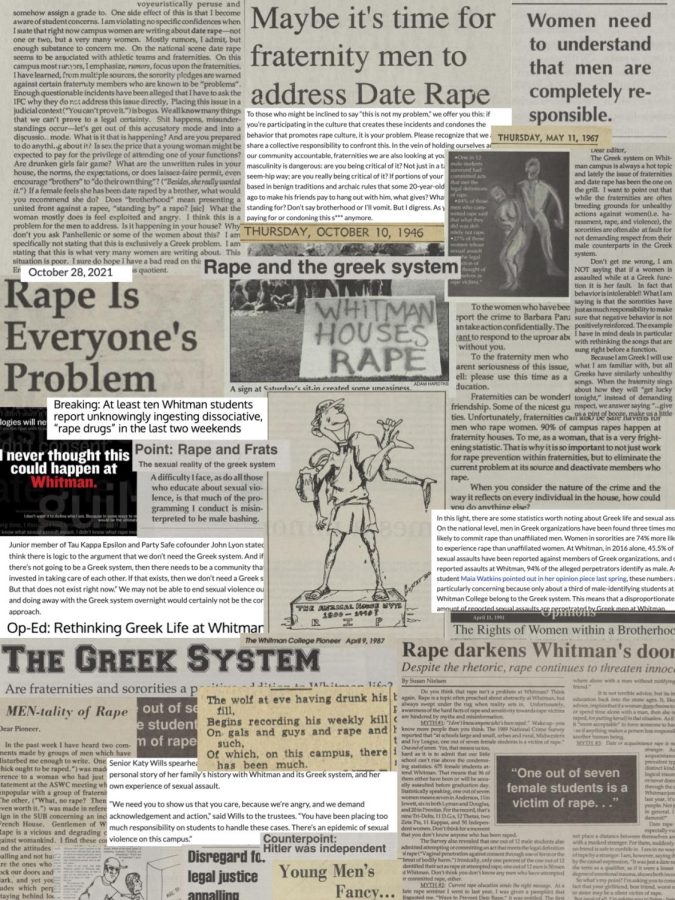Over Thanksgiving break my nephew and I talked about how racism and sexism function in America. I asked how he would help people who are not white or male if he was ever in a position of power.
His response was simple and immediate: “I will help other people only if they’re nice to me.”
My nephew is only seven. But he was still able to articulate one of the most powerful tools of the patriarchy: the ability for those in power to be selective in whom they help and to demand certain conditions be met before their help is given.
Despite all of the think pieces and academic works I have read about patriarchal oppression, I was only able to articulate the problem I have thought around for so long after hearing my nephew’s words. For those who are not white, male or straight in American society, power is not simply difficult to navigate and nearly impossible to attain; it is almost always predicated upon one’s willingness to play by the rules outlined by those in charge. I play every time I hold my tongue as I calculate whether my words will hinder my ability to get a letter of recommendation. I am not the only one who plays by the rules, nor am I the only one burdened by playing.
The burden of playing by the rules –– this is the weight of niceness.
We are taught how to carry this weight: every time a child of color is taught to never run in public, every time a girl is taught not to walk alone at night, every time a non-straight person is taught not to display their affection publicly. What is so horrendous is not that we are taught how to bear this weight. What is so horrendous is that our very survival depends upon learning how to bear this weight. What is so horrendous is the time that we lost in learning how to survive.
What is so horrendous is that we must bear this weight at all. Imagine how much we could do with the weight of niceness off our shoulders.
-Maria Ptucha ‘15


